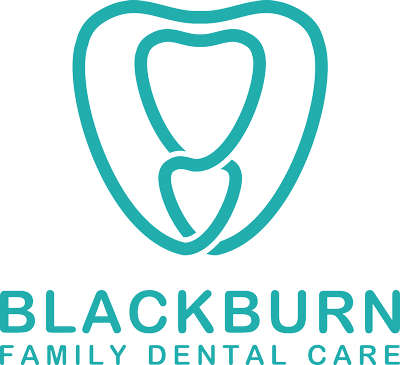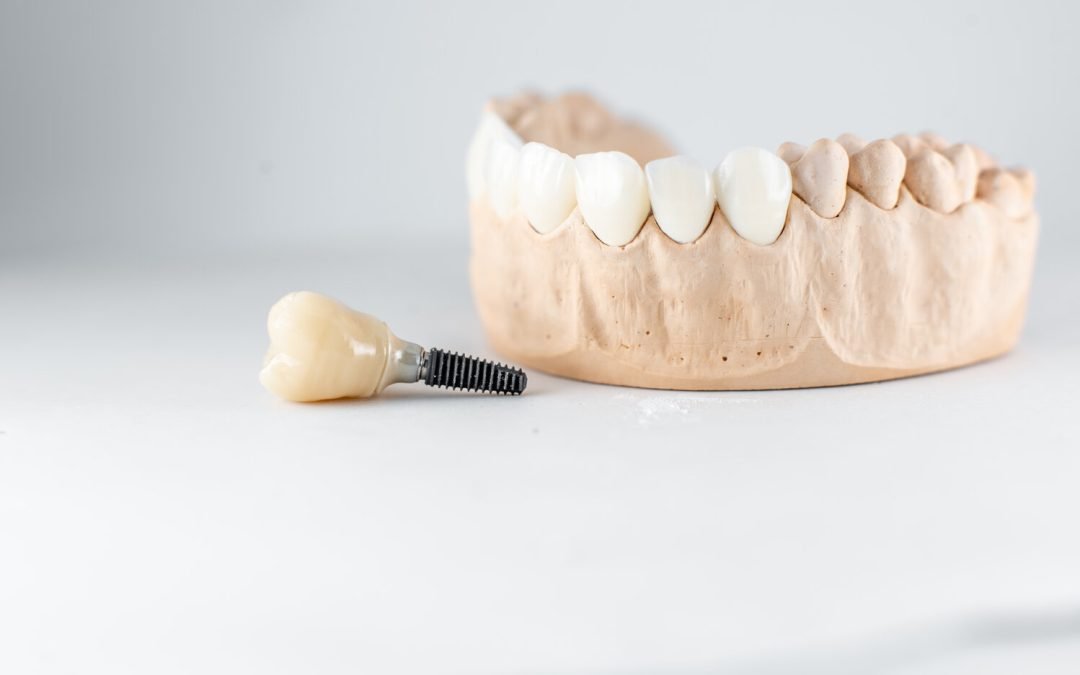There is a lot of misinformation about dental implants among the general public. This tooth restorative procedure is one of the most advanced in dentistry and is an effective way to correct your smile and replace your teeth.
Relying on false information could cause you to miss an excellent opportunity to achieve a long-lasting smile. In this article, we debunk six myths about dental implants so that you can better decide whether it is the best choice to replace your missing, damaged, or rotten teeth.
Myth 1: It is a painful procedure
“Will getting implants hurt? How painful are dental implants? Are implants painful?” Pain-related issues are by far the most common misconception about the implant procedure. Dental implants indeed require minor oral surgery. However, dental technology advancement has made them less invasive than they used to be.
In addition, experienced dentists will ensure that the surgery area is completely numbed before proceeding with the implant, so you will not suffer during the procedure. There will only be minor discomfort – more towards tenderness – that you will not even notice you have undergone the procedure until after a few days. Often the discomfort is less than tooth extractions.
Generally, this minor discomfort subsides within a few days as your body heals around the implant. You can easily manage the tenderness with over-the-counter pain medications or request your dentist to prescribe stronger painkillers if the sensation becomes intolerable.
Myth 2: Everyone will notice your implants
Although the dental implants themselves are typically made using titanium cylinders, theimplant prosthesis (the visible part of an implant that is attached to the fixture) is made from the latest advances in porcelain technology that looks and feels just like your natural teeth. The prosthesis attached to dental implants – normally a crown, bridge, or denture – can closely mimic natural teeth.
Implants also help your mouth, smile, and face retain their natural form, so no one will suspect your teeth are not real. To make it even more natural, you can choose from various types and shades of crowns to match the appearance of your natural teeth while still reaping the benefits.
Myth 3: They are high maintenance
Once the bone has healed completely, dental implants require relatively very little maintenance. This is because the implants are in a very secure position. Hence, it doesn’t allow for any movement. With an implant in place of an extraction site, you will have no issues with your adjacent teeth shifting around or erupting in less than ideal positions.
The only maintenance you’ll need for your dental implant is the same as you’d need for your natural teeth – regular brushing and interdental cleaning (flossing and use of interdental brushes). And, of course, regular check-ups with your dentist.
Myth 4: Implants are only for younger people
Oftentimes, your dentist will try to save a compromised tooth if it is still salvageable. From childhood to early adulthood, the jaw structures are still growing – so it is not recommended to place implants in those individuals to replace missing teeth. As the implants are fused into bone, further growth in younger individuals would perhaps cause restorations to look shorter as the jaws continue to grow after implant placement, and the implant doesn’t quite adapt to growth like teeth do.
In the aging population where missing teeth are more common, dental implants are a viable treatment option to replace these gaps. In older individuals with certain underlying health conditions, such as bleeding disorders, cancers, osteoporosis and/or bone related issues, those on certain medications or with uncontrolled diabetes, implants may have a lower success rate in these individuals. However, each individual is different and a thorough assessment and consultation with your dentist can help you work out whether implants are suitable for your case.
Myth 5: They are risky and can be ineffective
Dental implants have been a popular solution for tooth loss for over 40 years. Dental implants have impressive success rates comparable with other tooth replacement treatments. The surface of implant fixtures are designed to be biologically inert and also to allow for bone cells to osseointegrate. It is rare for your body/bone to not accept the implant surface. A lot of implant failures can occur early during the procedure, and because of that, careful and strict infection control guidelines are followed before each implant procedure to minimise that risk of infection. This includes the use of a sterile surgical setup in the clinic, in which the surgery is setup to similar standards to a surgical procedure at a hospital setting.
Nevertheless, it is good to keep in mind that just as with any medical treatment and procedure, there will always be risks. These days, however, the technology and techniques in the dental sector have improved massively compared to years ago – hence, a better success rate.
At Blackburn Family Dental, our experienced dentists will carry out a thorough and complete assessment of your mouth and general health to ensure your implants serves their purpose for a longer time. Additionally, our dentists will also provide detailed advice and aftercare instructions to ensure a higher success rate.
Myth 6: They aren’t long-lasting
With the use of modern dental implants, the proper procedure done by an experienced dentist, and the right oral care, implants can last a very long time and in a lot of cases a lifetime. High success rates are often achieved by good surgical placement; good prosthesis design; good oral hygiene of the tissue cuff around the implants; thorough cleaning at regular dental checks and also careful load management of the prosthesis that is by carefully checking if the prosthesis is showing signs of load stress from chewing (usually at your six-month check).
In the rare cases that implants fail, failure can be caused by bacteria related means or occlusal loads. Early failures are often caused by bacteria contamination during the surgical procedure. Late failures are often caused by periimplantitis – an infection caused by the same bacteria that trigger periodontal/gum disease. This can be avoided with good oral hygiene and regular visits to the dental clinic.
Even rare failures are often caused by mechanical overload. The implant prosthesis has been loaded during daily function or by trauma to the extent where the internal structures or screws holding the different parts of the implant are stressed. In these cases, the screws may fracture leading to a loose prosthesis. You will notice the crown or prosthesis being very loose if the screws are not securing it adequately to the fixture. These cases are rare and can be avoided by regular dental checks.
In addition, it is imperative that you follow the post-surgery care instructions given by your dentist, as this is when your gums and teeth heal. If you don’t, you may increase the chances of failure of your implant.
Seek professional advice from Blackburn Family Dental
Dental implants have many pros and cons, especially when you begin factoring in your dental health and other issues. The best place to receive comprehensive information about implants is from an experienced general and cosmetic dentistry clinic.
At Blackburn Family Dental, our dentists will thoroughly examine your mouth and advise the right restorative dental surgery for you; if it’s dental implants, they will advise on the correct steps you can take to ensure your implants last a lifetime. With over 65 years of experience in the dental industry, we pride ourselves on providing our patients with high-quality treatments in a safe and comfortable environment. Contact us to schedule an appointment with our accredited dentists today!

